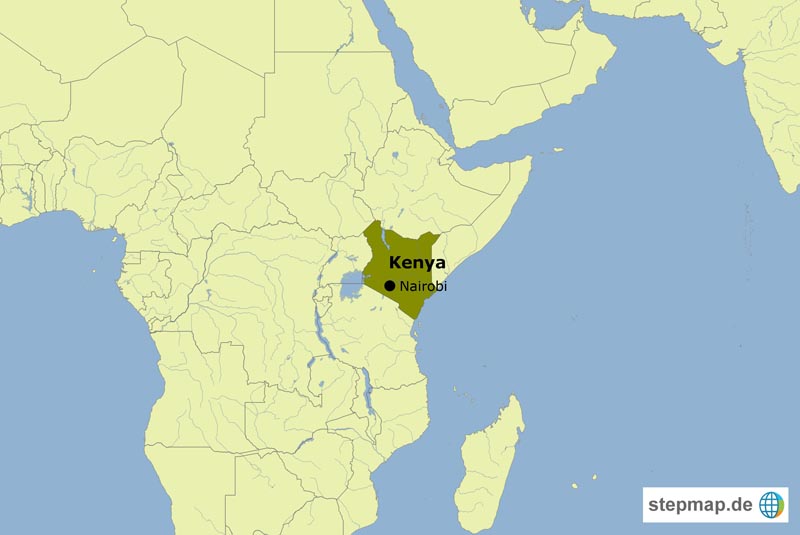Non-governmental organisations
Rising to a global health menace

Non-communicable diseases (NCDs) make poor people suffer in particular. They normally do not understand their condition, only become aware of it late and then lack access to relevant services. At the same time, NCDs affect society as a whole and thus require a whole-of-society response. Patients deserve support for adopting lifestyles that reduce the impacts of hypertension or diabetes, for example. Preventive action in terms of healthy diets or physical exercise make sense too, as they make most NCDs less probable.
Various stakeholders from businesses (see main story) to faith-based organisations or government agencies should take interest in the matter. Vibrant civil-society activism helps to make that happen. Accordingly, coalition building is important, argues the NCD Alliance, an international umbrella organisation of more than 50 national and regional NGOs involved in NCD matters.
Late last year, the NCD Alliance published the NCD Civil Society Atlas. It takes stock of recent developments in all world regions, focusing in particular on Asia, Africa and Latin America. The four “As” (advocacy, accountability, awareness and access) are dealt with systematically.
The section on advocacy includes chapters which discuss public mobilisation for healthy food regulations in Peru, support for national alcohol policy in Nepal and cooperation with state agencies to promote sensible diets in Zanzibar.
In regard to accountability, benchmarking efforts to track and advance regional NCD action in East Africa, the monitoring of NCD commitments in the Caribbean and shadow reporting on anti-obesity programmes in Brazil are discussed.
Examples of awareness raising include the creation of a journalists forum in Tanzania, a media campaign in support of Jordan’s smoking ban and the training of children, who are affected by NCDs, as peer educators in India.
Better-access initiatives are assessed in regard to cancer care across the Caribbean and health services in rural Malawi and vulnerable urban communities in Bangladesh.
The chapter on advocacy is the longest with 18 chapters, while the shortest (access) has only the three chapters mentioned in the list above.
According to the NCD Alliance, key success factors include meaningful involvement of people with NCDs, sustainable fundraising strategies and joint interventions of several stakeholders. Media outreach is appreciated too.
The authors point out that the NCD movement is young in low- and middle-income countries, and that civil-society organisations there tend to be more active in the fields of advocacy, awareness and access to health care than their counterparts in rich nations, where the public health-care infrastructure is stronger. Activists in developing countries are particularly prone to address policymakers, for example in campaigns for the labelling and deterrent taxation of unhealthy food and beverages. (dem)
Link
NCD Civil Society Atlas – National and regional NCD alliances in action.
https://ncdalliance.org/sites/default/files/resource_files/NCDAtlas_Web.pdf














